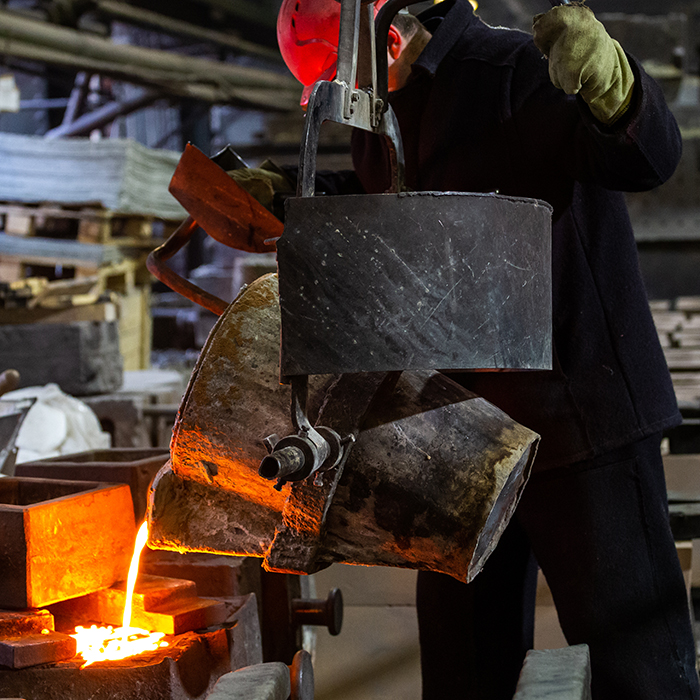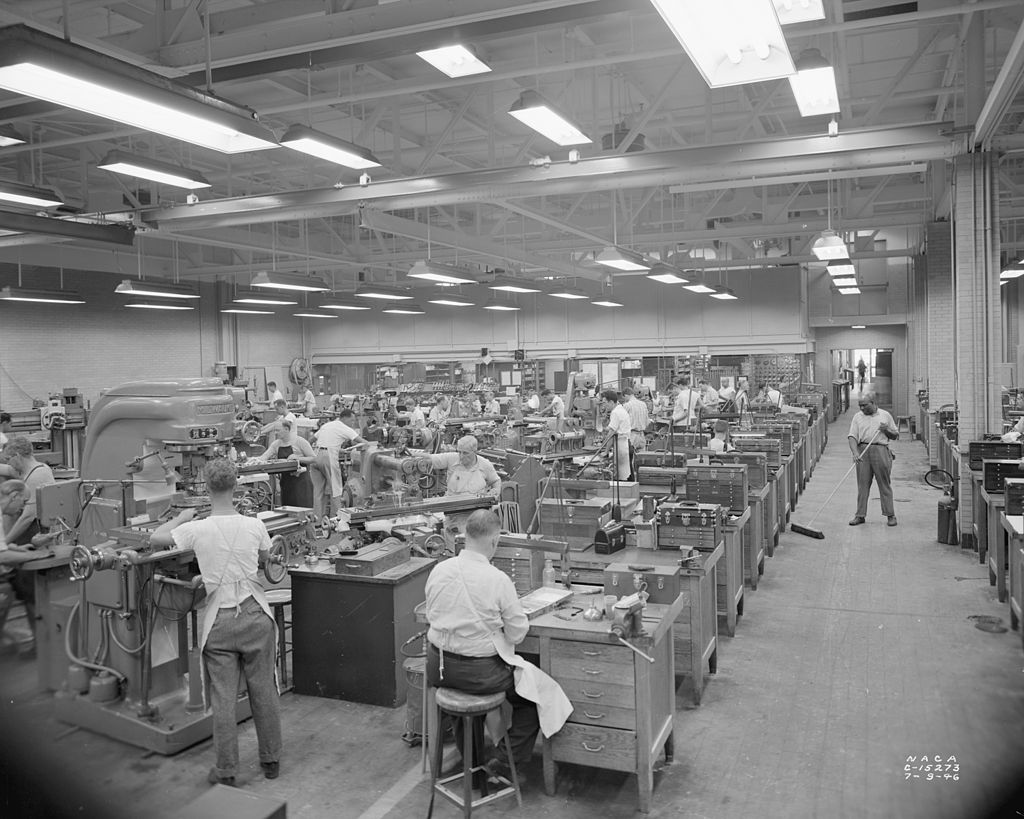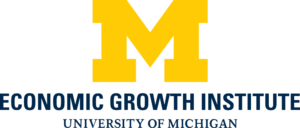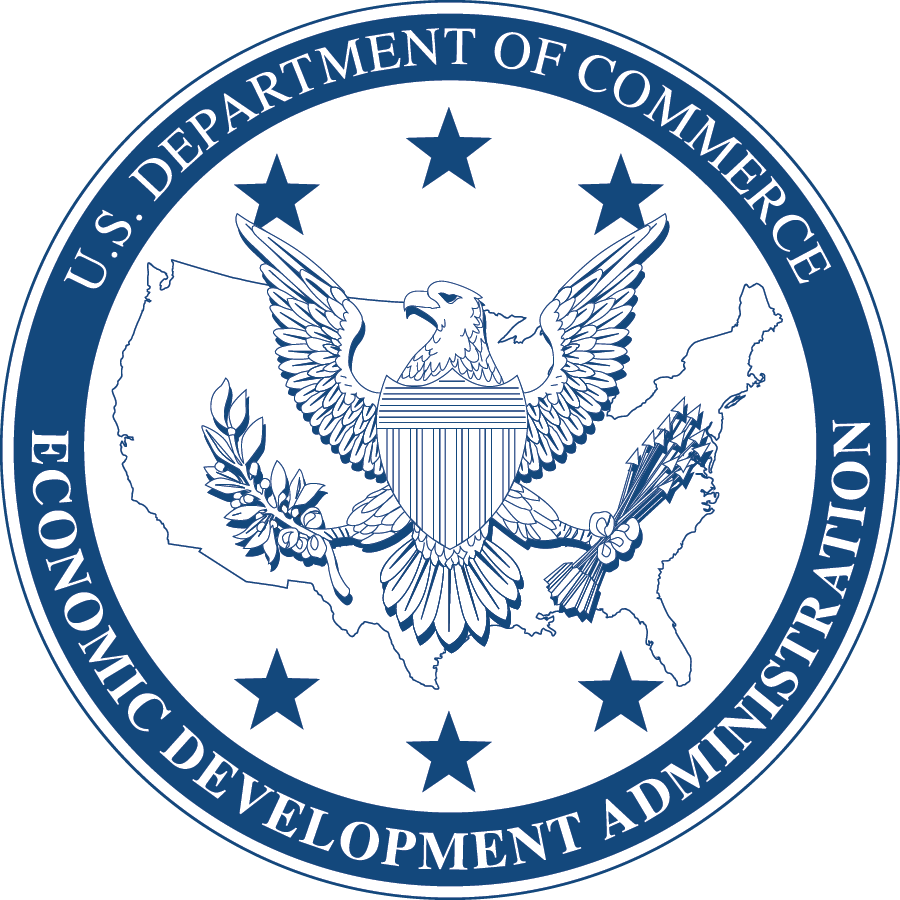


What is GLTAAC?
The Great Lakes Trade Adjustment Assistance Center has 40 years of experience helping small, import-injured manufacturers improve their competitiveness.
We are part of the Economic Growth Institute at the University of Michigan. We manage the Trade Adjustment Assistance for Firms program for companies located in Indiana, Michigan and Ohio.
TAAF (Trade Adjustment Assistance for Firms) is the only federal program specifically designed to help companies that have been negatively impacted by imports. The program is funded by the Economic Development Administration of the U.S. Department of Commerce. Regional centers manage the program across the country.
Our team
GLTAAC’s Project Managers all have significant private sector manufacturing experience, with backgrounds in management, operations, engineering, and/or consulting. We are practitioners, not academics, and we understand the challenges and realities faced by small manufacturers. We will help you leverage the TAAF program to have the biggest impact possible on your business.
Learn more about our team here.
Business impact
Improvements at our clients best demonstrate the effectiveness our work. GLTAAC systematically tracks the performance of its clients during their time in the program and for several years following completion. Here are a few highlights from our most recent annual survey.
- Sales and Job Growth – 78% of established GLTAAC clients and recent TAAF grads increased sales last year, while 45% added employees.
- Improved Competitiveness – 80% reported that they are more competitive now than they were before working with GLTAAC.
- Solid Bottom-line Performance – 64% of these firms were profitable last year (while only 38% were profitable when starting the program).
- High Customer Satisfaction – GLTAAC averaged a 9.4 out of 10 OSAT rating from its clients last year; implementation projects averaged 9.1.
- Enduring Value – One year after completion, 100% of clients still consider their GLTAAC project(s) a success, and all of them said they would undertake their projects again, knowing what they know today.
- World-Class NPS – GLTAAC earned a 78.6 Net Promoter Score last year.

Machinists and toolmakers using precision machinery to make experimental engine parts, Cleveland, Ohio 1946.
Photo credit: NASA
History of GLTAAC and TAAF
The Trade Adjustment Assistance for Firms program was created in 1974. It is an integral part of our nation’s trade policy because it helps small companies that have been negatively impacted by direct foreign competition improve their global competitiveness. Importantly, the program addresses the downside of free trade without the use of tariffs, duties, or other trade barriers. Instead, TAAF helps import-injured firms access the outside expertise they need to improve their businesses and adjust to their new economic environment.
The Great Lakes Trade Adjustment Assistance Center was established in 1983 to better serve firms hurt by imports in Ohio, Indiana, and Michigan. It has been located at the University of Michigan since its founding.






